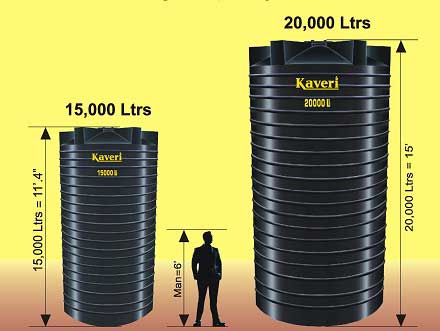|
Phthalate plasticizers
are increasingly facing resistance for application in flexible PVC
toys, medical products like blood bags and tubes as well as for food
packaging. Phthalates are considered to be of some risk to human health.
Although it is not yet conclusively proven, several producers of flexible
PVC products have been switching over to alternate benign plasticizers
such as Citric Acid Esters or Polyesters. There is an increasing concern
by public and regulatory agencies about any bad effect that could
arise from Phthalates, even though it may not yet bescientifically
proven. A study carried out showed that Asian mothers would be willing
to pay more to ensure safe toys. The European Commission has introduced
a ban on the rise of Phthalates in teething toys (i.e. toys for young
children who are likely to chew the toys). Some other members of ECC,
like Italy, prohibit use of phthalates beyond 5% in packaging of food
products.
While teething toys is relatively a small market, the international
toy manufacturers such as Mattel or Toys "R" Us have decided
to phase out phthalates across the entire range of flexible PVC toys.
A major stumbling block for usage of citric acid plasticizer is its
cost compared to phthalates. Polyester introduced in Japan of slightly
lower cost as compared to citrate plasticizer could provide a cost
effective alternate. However both of these options increase cost of
PVC toys. This may provide an opportunity to thermoplastic elastomers
to emerge as strong competition to flexible PVC products.
| (Source:
Modern Plastics International : July 2000) |
Previous Article
Next Article
Tell Us What You Want

Large capacity chemical storage tanks
| | | |
